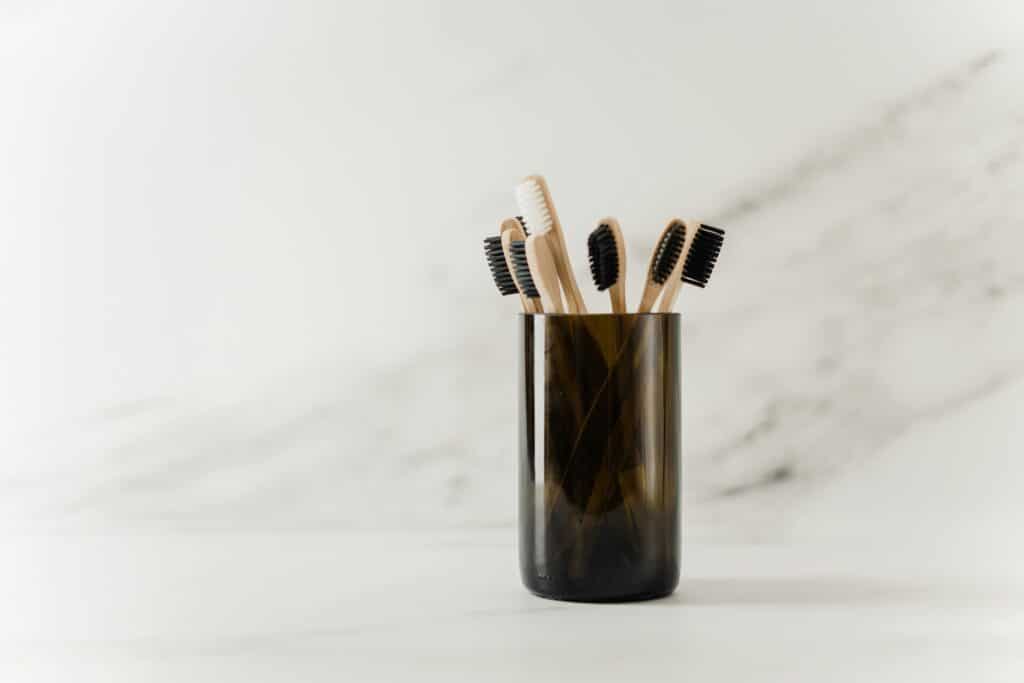
For the first few days after a root canal, some patients experience sensitivity, swelling, or inflammation, while others experience an uneven bite or a reaction to the medication provided by the endodontist. Some patients have a little discomfort that is usually able to be controlled with over the counter pain medication. Regardless of symptoms, a follow-up appointment is almost always needed.
You should not chew or bite on the treated tooth until you have had it restored by your dentist. The unrestored tooth is susceptible to fracture, so you should see your dentist for a full restoration as soon as possible. Otherwise, you need only practice good oral hygiene, including brushing, flossing, and regular checkups and cleanings.
Most endodontically treated teeth last as long as other natural teeth. In a few cases, a tooth that has undergone endodontic treatment does not heal or the pain continues. Occasionally, the tooth may become painful or diseased months or even years after successful treatment. Often when this occurs, redoing the endodontic procedure can save the tooth.
Dental Hygiene
Unless told otherwise by your dentist or endodontist, brush and floss as you regularly would after a root canal treatment.
Eating and drinking
After a root canal, try to eat soft foods that require very little chewing, like applesauce, yogurt, eggs, and fish. Avoid hard or hot foods that might hurt your teeth. Some dentists suggest to not eat for a few hours until the numbness in your mouth wears off so you don’t bite your cheek or tongue.
Alcohol and smoking
After a root canal procedure, you can eat and drink, including alcohol, once the numbness wears off.
While you can smoke after a root canal it is not recommended as smoking increases the risk of needing another procedure. In fact, smokers are nearly twice as likely to need root canals than non-smokers, and that number increases with more years of smoking.

